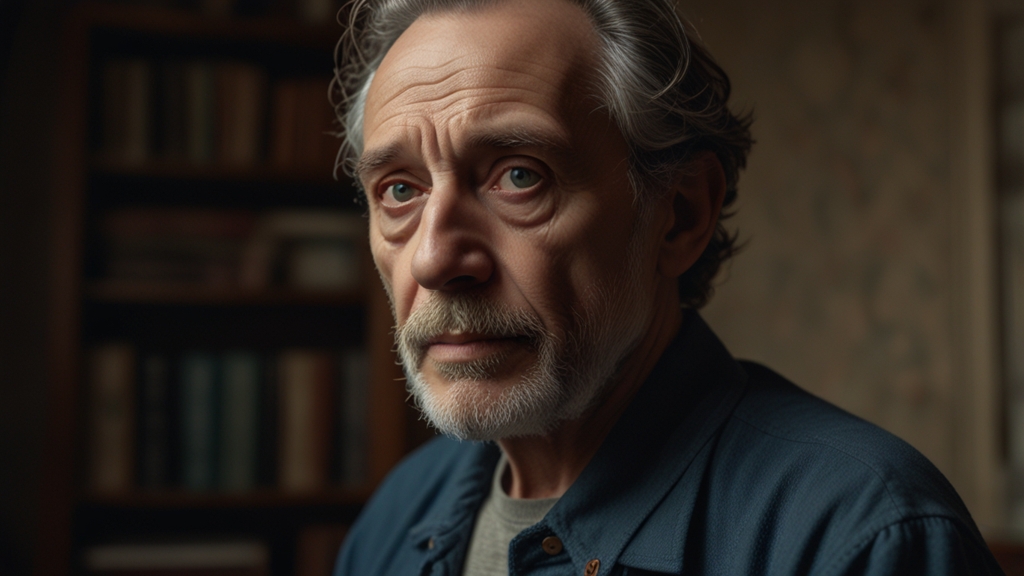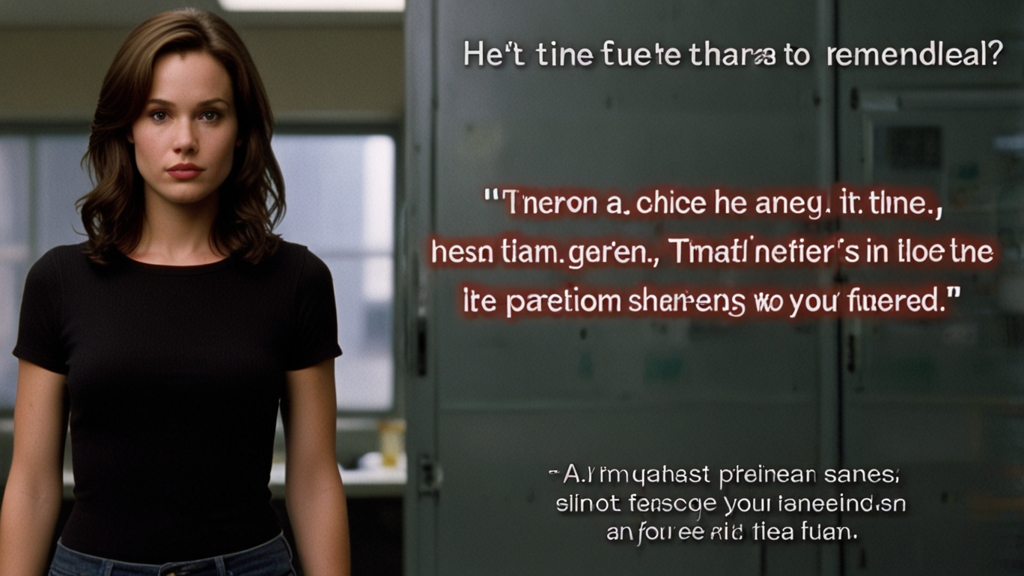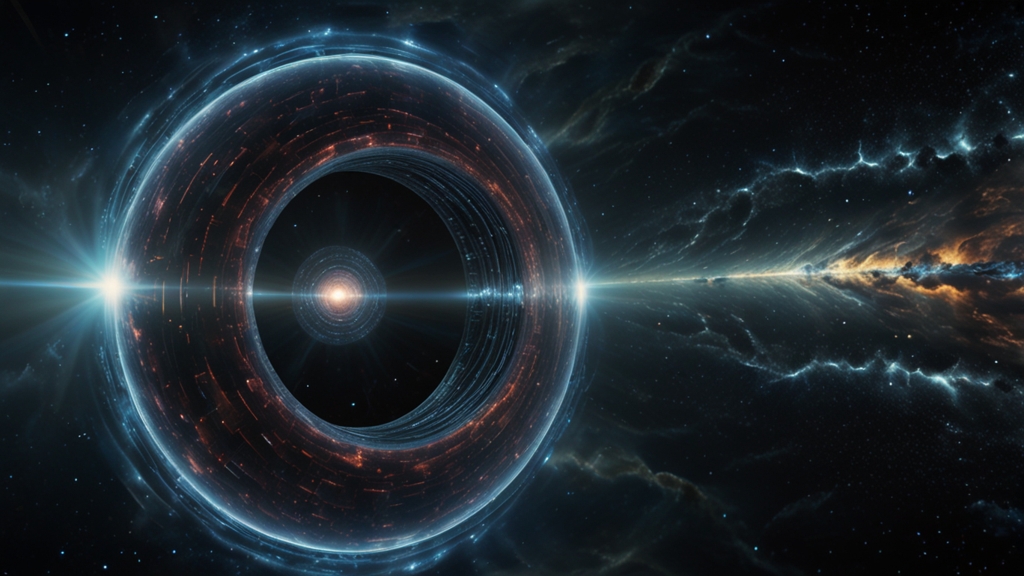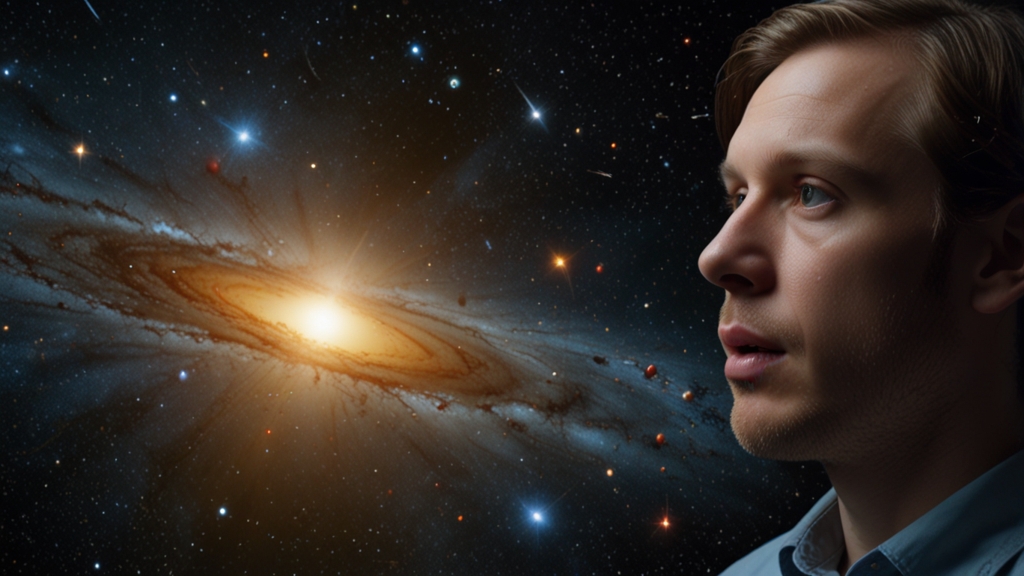Existentialism and Anxiety: The Philosopher's Guide to Modern Living
In modern society, where the pace of life is accelerated by technology and expectations, anxiety has become a common thread woven into our daily existence. To navigate this complex emotional landscape, we turn to existentialism, a philosophical movement that offers profound insights into the human experience. This article delves into how existentialist thought can provide a guide to understanding and mitigating anxiety in contemporary living.
What is Existentialism?
Existentialism is a philosophy that emerged in the 19th and 20th centuries, focusing on individual freedom, choice, and the often absurd nature of human existence. Thinkers such as Søren Kierkegaard, Friedrich Nietzsche, Jean-Paul Sartre, and Albert Camus have been seminal in developing existentialist ideas. At its core, existentialism centers on the belief that humans are free to define their own lives, despite the inherent meaninglessness of the universe.
Anxiety and the Human Condition
Anxiety, or angst as it's often referred to in existentialist literature, is seen as an inescapable part of the human condition. Kierkegaard, one of the forefathers of existentialism, described anxiety as a natural byproduct of freedom and the endless possibilities it entails. He argued that with freedom comes the responsibility of choice, leading to a profound sense of dread when faced with the infinite potential directions one's life can take.
"Anxiety is the dizziness of freedom." - Søren Kierkegaard
The Absurd and the Search for Meaning
Albert Camus described life as fundamentally absurd, a conflict between our desire to find meaning and the silent, indifferent universe. This perception can intensify feelings of anxiety, as individuals struggle to reconcile their need for purpose with the recognition that life may lack inherent meaning. However, Camus also suggested that embracing the absurdity of life could be liberating. Instead of succumbing to nihilism, he proposed that one should live with passion and defiance, creating meaning through their actions and experiences.
"The struggle itself... is enough to fill a man's heart. One must imagine Sisyphus happy." - Albert Camus
Authenticity and Living with Purpose
Jean-Paul Sartre, another prominent existentialist, emphasized the importance of living authentically. According to Sartre, authenticity involves acknowledging our freedom and taking full responsibility for our choices, rather than conforming to societal expectations or external pressures. This approach can be a potent antidote to anxiety, as it encourages individuals to focus on their unique paths and values, fostering a sense of purpose and direction.
"Man is condemned to be free; because once thrown into the world, he is responsible for everything he does." - Jean-Paul Sartre
Practical Steps for Modern Living
So, how can existentialism inform practical strategies for managing anxiety in our modern lives? Here are several key takeaways:
Embrace Freedom and Responsibility
Recognize that feeling anxious about choices is natural. Embrace your freedom and remember that taking responsibility for your actions is an empowering act.
Create Personal Meaning
Despite life's inherent absurdity, invest your time and energy in activities and relationships that bring you joy and fulfillment. Draw meaning from your experiences and contributions.
Live Authentically
Challenge societal norms that don't resonate with your true self. Strive to live in a way that aligns with your values and beliefs, even if it means diverging from the expectations of others.
Accept Uncertainty
Understand that uncertainty is an integral part of life. Instead of fearing the unknown, view it as an opportunity for growth and new experiences.
Practice Mindfulness
Incorporate mindfulness techniques to stay grounded in the present moment. This can help reduce feelings of overwhelm and bring clarity to your decision-making processes.
Conclusion
Existentialism offers a profound framework for understanding anxiety and navigating the complexities of modern life. By embracing freedom, creating personal meaning, and living authentically, we can transform our anxiety into a powerful catalyst for personal growth and fulfillment. Remember, it is in confronting the inherent uncertainties and absurdities of life that we find the opportunity to live passionately and purposefully.







